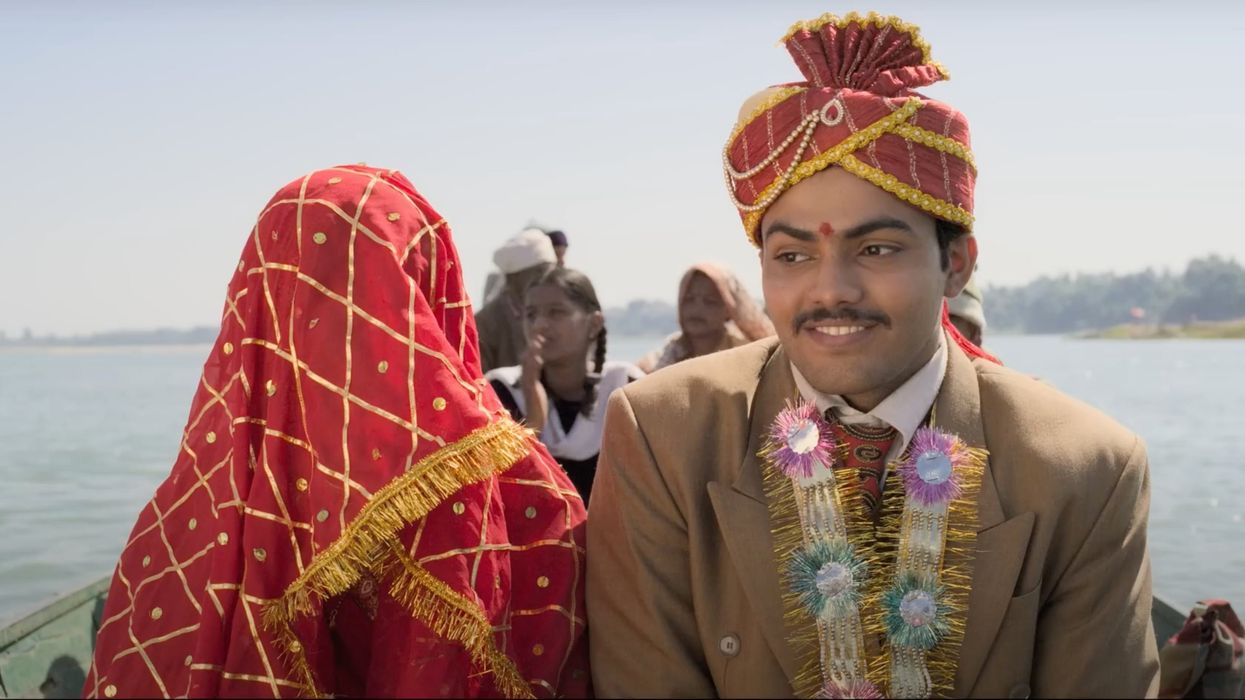THE social satire premiered at the Toronto International Film Festival last year before hitting cinemas earlier this month, with an upcoming streaming site release in the weeks ahead.
The 2001-set story revolves around a married couple, Deepak and Phool, boarding a train to their village, with the newly married bride’s face covered by a veil.
There is a similar couple, with the bride hiding her face. Deepak gets off the train with the wrong bride, Pushpa, and only realises his mistake back at the village. Meanwhile, Phool gets stranded at a railway station. Deepak files a police report, and what follows is two brides in unexpected surroundings, triggering a journey of self-discovery.
Director Kiran Rao follows up her 2011 directorial debut, Dhobi Ghat, with another relatively low budget film where there is more focus on the character and story. By setting the film in 2001, she removes aspects like social media and smart phones solving the central conundrum quicker.
She uses realistic characters and a captivating rural setting as a backdrop to an engaging story that is injected with inciteful social commentary, including on gender equality and patriarchy.
The multi-layered movie combines the story of the swapped brides, with the two women going on different journeys in alien surroundings. There are some clever touches and great comic moments throughout the enjoyable movie.
The cast being relatively unknown takes away much of the predictability of the plot. All of them, especially the female leads, deliver great performances in their respective roles.
There are some plot holes. But the few blemishes don’t stop it from being a refreshing change from the usual overcooked, formula-driven films.




